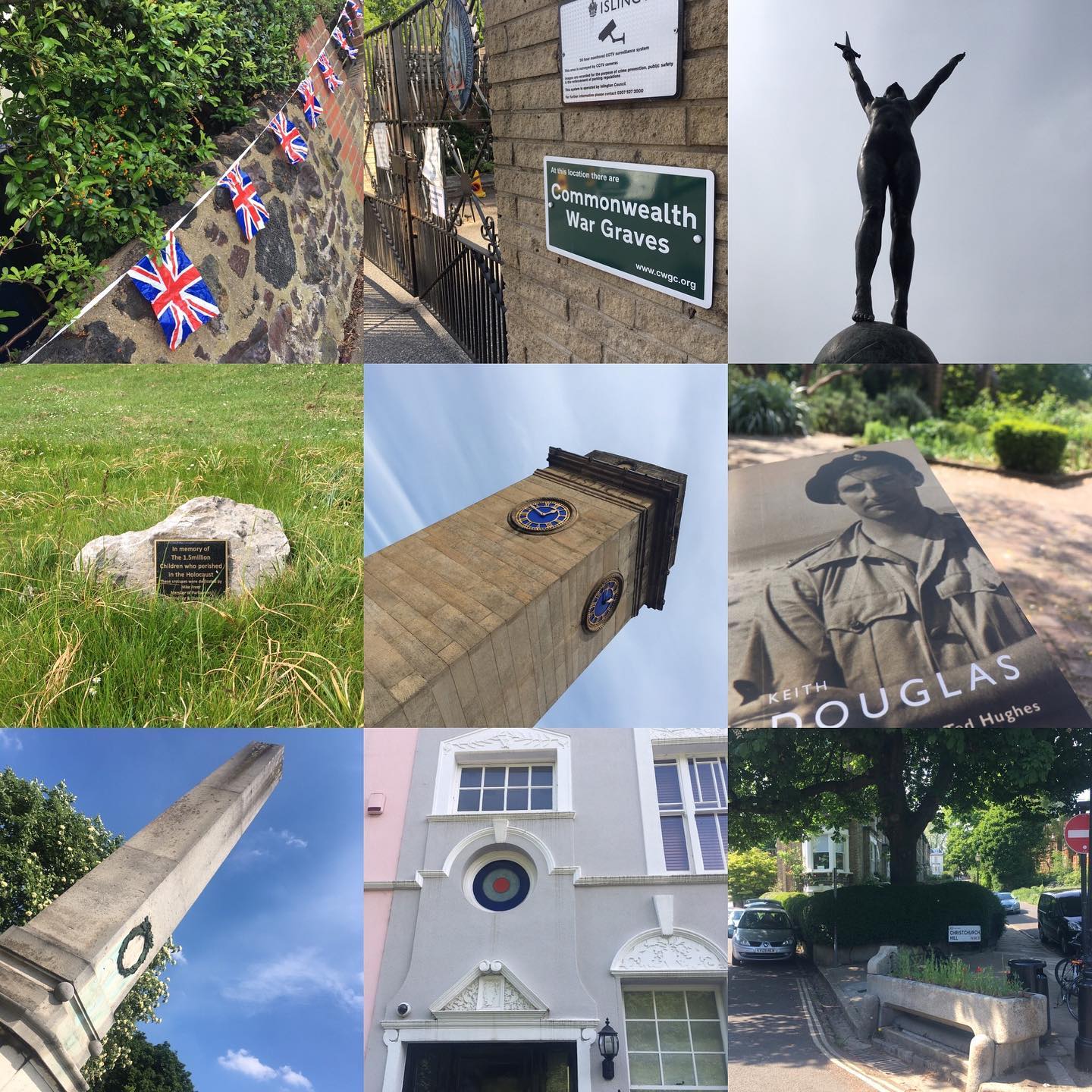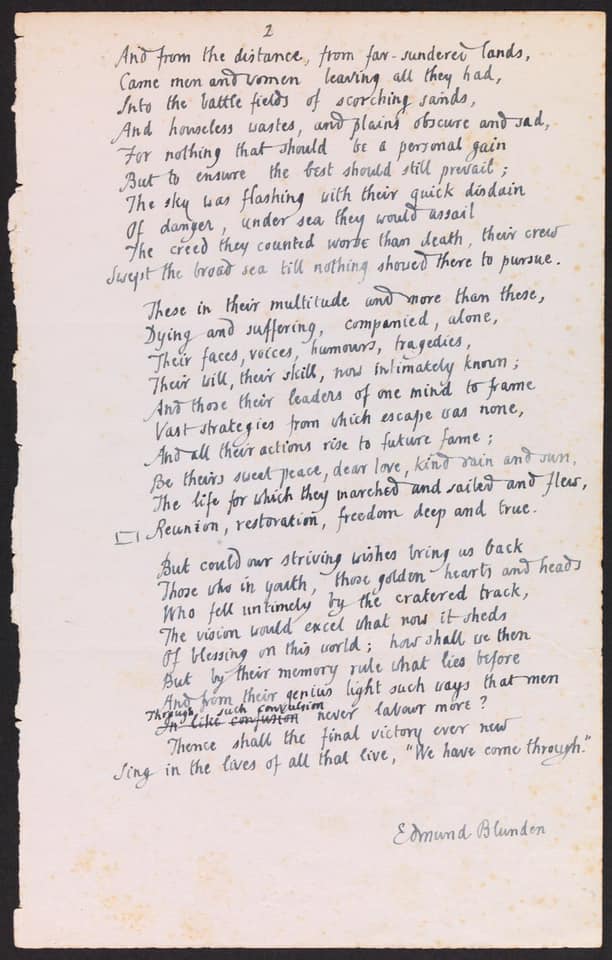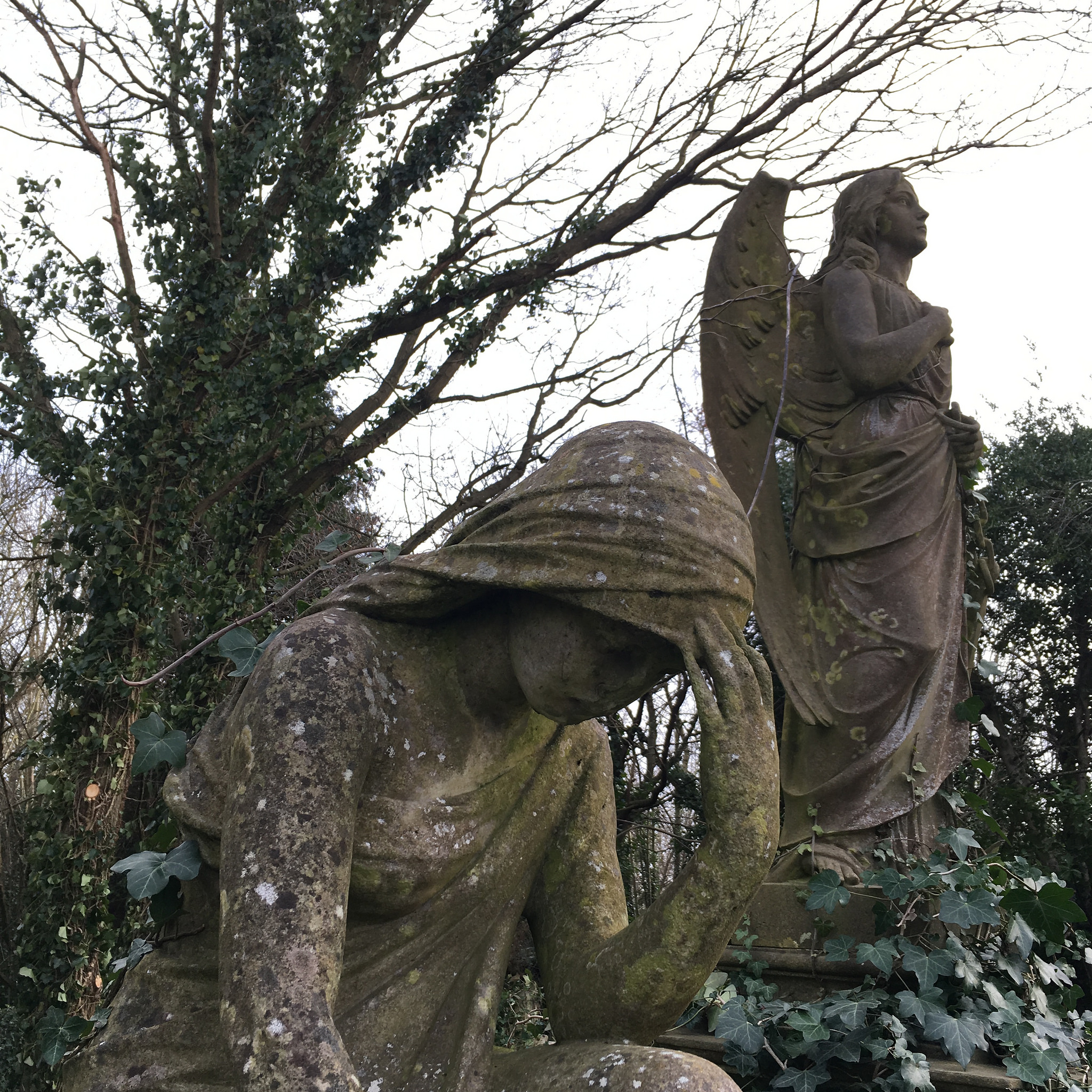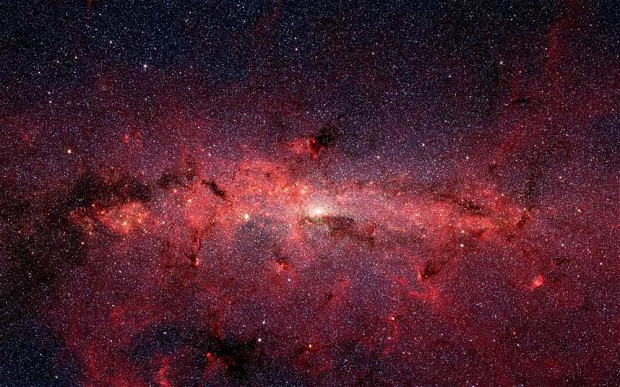Archive for the ‘poem’ Tag
A Thing of Beauty

A thing of beauty is a joy for ever:
Its loveliness increases; it will never
Pass into nothingness
John Keats – ‘Endymion’ (currently featured in Poems on the Underground to mark the 200th anniversary of Keats’ death)
“Our first set of poems for 2021 is now on trains. Poems on the Underground is marking the 200th anniversary of the death of the poet John Keats, and features six poems written or inspired by Keats and his love of nature. These poems are:
An excerpt from Endymion by John Keats
An excerpt from Adonais by Percy Bysshe Shelly
Wish You Were Here by Julia Fiedorczuk
rising by Jean ‘Binta’ Breeze
I go inside the tree by Jo Shapcott
When I have Fears That I May Cease To Be by John Keats”
David Speed on Insta
Coincidences No. 114 & 115
WordPress is telling me I registered with it 14 years ago – digital time flies. To mark the occasion here’s one of those word coincidences we all have. The word is ‘helpmeet’ – “A helpful partner, particularly a spouse.” It comes from the Bible, in the King James’ version: “an helpe meet” for Adam i.e. Eve (Genesis 2:18). So this also marks the occasion of my Silver Wedding Anniversary this week. I always associate “helpmeet” with Eve in the Old Testament.
Now I haven’t thought about the word ‘helpmeet’, or even the more common ‘helpmate’, in many a year. But it cropped up twice today before 8.00am.
I am writing in my Faber & Faber Poetry Diary 2020. Opposite today’s date is a poem by Julia Copus, ‘Lacan Appeals to the Patient’. It has the line:
Beyond the clayey dark your helpmeet is waiting.
It is clear this particular helpmeet is masculine and I think it refers to the sculptor in the poem which I understand to be the Creator, perhaps God, perhaps some other kind of artist or higher being. The name Adam means ‘red earth’ or perhaps ‘red clay’. It is the substance God moulded the First Man from in the Bible and this poem is about the shaping of “one’s selfhood”.

Started during lockdown, I am now up to page 242 of James Joyce’s Finnegans Wake. Today’s page contains this line:
Helpmeat too, contrasta toga, his fiery goosemother, laotsey taotsey, woman who did, he tell princes of the age about.
To be honest I’m a bit lost in this chapter – it’s about the three children in the story, two brothers (a bit like Cain and Abel from Genesis) and a sister. It has a lot of references to fairy tales and nursery rhymes, hence “fiery goosemother” = fairy godmother meets goosey goosey gander. “laotsey taotsey” may echo ‘goosey goosey’. “Fiery” may relate to the fact that one of the brothers (the one this sentence is about, I think) is associated with the devil. “Helpmeat” will be a deliberate pun/misspelling as that is the nature of the novel. I’m fairly sure it is referencing biblical Eve. Joyce had a strong Eve character in his own life – his wife Nora Barnacle from Galway. What the woman “did” I’m not sure, but it might include eating the forbidden fruit. The man might well find that something to tell princes and others about.
“laotsey” is a reference to Lao-tse, the ancient Chinese philosopher and central figure in Taoism. The Woman Who Did is a Victorian novel (1895) by Grant Allen. “taotsey” may be related to ‘tutti’ type words i.e. ‘all’. Finnegans Wake is constructed from such layers of meaning and reference. The trick with both Finnegans Wake and Ulysses is not to get too hung up on understanding every word.

My edition of Finnegans Wake is a Penguin Modern Classic. But of course the original publication was by the bold, Modernist Faber & Faber. So that is Coincidence No. 115.
VE Day 75

8th May 1945, Trafalgar Square
The current situation of lockdown under threat of a deadly viral enemy is as close to war as my generation has ever come which makes it a most resonant time to celebrate this landmark VE Day, the 75th.
My most memorable VE day to date was one spent in Bangor, Co. Down, N. Ireland when my wife was working on the BBC’s live coverage of the event which involved the lighting of a string of lanterns right round the British coast. To help her manage the day, with a very demanding, experienced and alcoholic director, I looked after one of the main contributors, a charming old fella from Belfast who had survived the Belfast Blitz of 1941. I spent the day hanging out with him, chatting and making sure he felt looked after. He was interviewed in the evening by John Cole.
Today’s VE day I marked with a themed walk, made up last minute, partly on the fly. I came up with the idea while sitting in the garden in the early morning sunshine. By 9am I was on the road. 9 hours and 24,600 steps later I returned home.

I’ll publish the details of the walk tomorrow – it ranged from photographer Lee Miller’s house to Liam Gallagher’s RAF roundel window, from the location of a Brad Pitt war movie to a tribute to the 1.5 million Jewish children killed in the holocaust.
Half way I stopped to read some of Keith Douglas‘ poetry, a WW2 poet stationed largely in North Africa. He died shortly after D-Day at the age of just 24. The line
but time, time is all I lacked
from the last poem in the volume (a selection by Ted Hughes) seemed to sum up his artistic life. There’s a radio play about him on Radio 3 on Sunday (10th May) at 7.30pm called ‘Unicorns, Almost‘ by Owen Sheers.
I began the day by sharing an unpublished poem by Edmund Blunden entitled ‘V Day’. it’s in the manuscript collection of the Imperial War Museum. It concludes with the line:
We have come through.
which seems very apposite and inspiring for these strange days.



Edmund Blunden – a WW1 poet who was still writing in 1945

Keith Douglas
Hope quote
Hope is the thing with feathers
That perches in the soul
Emily Dickinson

Hope is the thing with feathers
That perches in the soul,
And sings the tune without the words,
And never stops at all,And sweetest in the gale is heard;
And sore must be the storm
That could abash the little bird
That kept so many warm.I’ve heard it in the chillest land,
And on the strangest sea;
Yet, never, in extremity,
It asked a crumb of me.
Between starting this post and writing this last paragraph I was just outside with my neighbours clapping the NHS and frontline workers battling the coronavirus on our behalf. Someone down the street has taken to letting off a firework to mark this weekly occasion. When he fired off his rocket this evening a frightened sparrow flew over my head.
Join Hands 11.11.1918-11.11.2018
In 1979 I went to see Siouxsie & The Banshees playing at Hammersmith Odeon – it remains one of the best gigs of my life. Just before the tour half the band had gone AWOL so new musicians had to be drafted in including Budgie on drums (formerly the token man in The Slits, one of my favourite drummers – Stewart Copeland considers him one of the most interesting drummers for his “very economical and offbeat” playing, that offbeat being what I most like about him) and John McGeoch on guitar (formerly of Magazine). That tour marked the release of the LP ‘Join Hands’. The hands joining are those of four bronze WW1 Tommies on the war memorial between Horseguards Parade and St James’s Park (the Guards Memorial) – I passed it regularly when I was working at Channel 4 and it always brought me back to that music and excitement. The LP opens with the tolling bells of a 2-minute track called Poppy Day.
In the same way that Punk (especially The Clash) introduced me to reggae, through this track it introduced me to the First World War poetry of John McCrae, a typical example of the less known poets who emerged in the Great War, the one-hit wonders and offbeats. McCrae was a high-ranking Canadian army doctor serving on the Western front. In Poppy Day the resonant bells give way to the distinctive driving guitar wailing of The Banshees and then just a few short lines, delivered in a distorted Siouxsie voice:
In Flanders fields
The poppies grow
Between the crosses
Row on row
That mark our place
We are the dead…
I don’t think McCrae is credited for the lyrics which are very close to the opening of his In Flanders Fields, in fact every word is derived from the poem:
In Flanders fields the poppies blow
Between the crosses, row on row,
That mark our place; and in the sky
The larks, still bravely singing, fly
Scarce heard amid the guns below.We are the Dead. Short days ago
We lived, felt dawn, saw sunset glow,
Loved and were loved, and now we lie,
In Flanders fields.Take up our quarrel with the foe:
To you from failing hands we throw
The torch; be yours to hold it high.
If ye break faith with us who die
We shall not sleep, though poppies grow
In Flanders fields.
Siouxsie & The Banshees filtered out the patriotic and the warmongering/cheerleading to open their record with the zombie or heroic or haunting dead, we don’t know which. What we do know, two years after the Silver Jubilee and the Pistols’ God Save the Queen (the Fascist regime), with rubbish piling up in the streets of strike-bound London, is that these dead were neither glorious nor patriotic in the establishment way.
The band were inspired not only by the chaos and crapitude of the late 70s Home Front but also by conflict witnessed on their suburban Kent TVs, particularly in Iran. (Plus ça change).


The LP cover was extracted from this shot – L to R Steve Severin (bass), John McKay (guitar), Siouxsie Sioux (vocals), Kenny Morris (drums) – before McKay and Morris went AWOL
Banshee stalwart, bassist Steven Severin in the wake of watching the two minutes of silence in memory of the war dead on TV on Sunday 12th November 1978 explained about Poppy Day: “We wanted to write a song that would fittingly fill that gap”. On the inner sleeve of the record (which sits still in the room just below me, alongside its vinyl sisters The Scream, Kaleidoscope, Juju and A Kiss in the Dreamhouse) beside the lyrics of the song is specified (with echoes of John Cage): “2 minutes of silence”.
So here we are on Sunday 11th November 2018, 40 years after Severin watched that broadcast, 100 years after the world watched that bloodbath, that futile wiping out of a generation, and we are still all struggling to join hands. The irony of The Banshees brooding in the studio while recording this masterpiece of an LP and splitting up in its aftermath is as nothing to the irony that we mark this centenary at a time when the world’s international institutions are being deliberately dismantled, Europe re-fracturing and the zombie voices of patriotism, nationalism and fascism wailing more discordantly than John McKay’s guitar. We are the Dead. We are turning in our graves row on row between the poppies.

Reinforcements arrive: L to R John McGeoch (guitar), Budgie (drums), Siouxsie & Steve – Paris (1980) where 70 world leaders are arriving this morning to mark the centenary of the Armistice including Macron (accordion), Merkel (tuba), Trump (mouth organ) and Putin (triangle)
Sluice my Daisy

Sluice my daisy
Water the bush
Playing a game for three
Three in one
One for all
Moist as moist can be
Jack it in
Voices of shades
Woah, hold your horses!
Allen keys
Sees the day
Through weather vanes courses
Wind wild
Lizard child
Stop my halo bleeding
Hallowed ground
Round & round
What the heck is feeding
Daisy words
Thresh my heart
Angels on patrol
Type my heart
Adore my light
Lick away control
Ball the sub
Slice the eye
Cast your faith to the wind
Wind the window
Whiplash aerial
Dig the bind and binned
Not too shoddy
Knot Two
Three in one baby
Douse the holy
Heal the louses
Take it as a maybe
Sluice my cock
The road is hit
Homesick with the blues
Happy this way
Happy daze
Beat my writing ruse
Unexpected turbulence
Blow the fuse
Spark the fuck out of it
Kiss my hole
Sluice my soul
Serve the affidavit
Strip off skinny
Strike a pose
Call my worm to sup
The end is nigh
Higher than the world
Raise my daisy up
A beautiful fool
The gap between fingers
Turn it this way up

Shards from the Boneyard

In a word
a Man
God’s finger touched him
Oh for the touch of a vanished hand
Into thine hand I commit my spirit
Underneath are the everlasting arms
Only to us a short time lent
Until the end of our days
Our lights have gone out everywhere
No morning dawns no night returns
A place is vacant
Our family chain is
broken
A bitter grief, a shock severe
The shock was great, the blow severe
The cup was bitter, the shock severe
Tragically taken from us
Many a lonely heartache
When we are sad and lonely
This sad life of toil and care
Troubled in life
After great suffering patiently borne
Peace after pain
In the midst of life we are in death
Lay down thy head
I am not dead
but sleepeth here
I am not there
when sleeps in dust
A faithful friend lies sleeping here
who fell asleep
called to rest
entered into rest
for they rest from their labours
At rest
Good night, God bless
Beyond the sea of death
to shape the ships he loved
accidently drowned
lost his life while saving a dog from drowning
He gave his life for one and all
Every restless tossing passed
Fell like warm rain on the arid patches of my imagination
So much of hopeful promise centred there
One of earth’s loveliest buds
A sweet flower plucked from earth
A loving sweetheart my only chum
I have loved thee
I love thee to the level of every day’s most quiet need
He loved in youth
to walk with me throughout my life
In death they were not divided
A short while apart,
together once more and never to part
together again forever
we’re together in dreams, in dreams
love always
love never ends
She was an angel
A warm smile
In her tongue was the law of kindness
A devoted mother
Widow of the above
Breathe on her
May the angels take you
He did his best
By his good deeds you shall know him
Kind to all
Upright and just to the end of his days
A fond father and a kind husband
His merry spirit is with me yet
Your spirit lies within us
Always content
Although dead
Lost to sight
Interred nearby
Passed away but not lost
Gone but not forgotten
Forever in our thoughts
Silent thoughts and tears unseen
Sacred to the memory
Always remembered
Lovingly remembered
Remembrance is the sweetest flower
Live on the memories of days that have been
I never wanted memories George
I only wanted you
The bosom of our lord
Where I have longed to be
But that we think of thee
I will fear no evil for thou art with me
I have fought a good fight
Life’s race well run
He was summoned
The lord gave and the lord hath taken away
Exchanged mortality for life
Wipe away all tears from their eyes
Hope
In my father’s house are many mansions
We would walk right up to heaven and bring you home again
I am the resurrection and the life
I am a thousand winds that blow
Until the day dawns
Joy cometh in the morning
Nothing could be more beautiful
Inwardly we are being renewed day by day
Just to sprinkle stardust and to whisper
Peace be with you
Perfect peace
Ubique
Requiescant in pace
Love never ends


This poem was constructed from fragments from gravestones in St Pancras and Islington Cemetery in East Finchley, London N2.
House of Horroughs
The spaces of love truly felt
The spaces of felt love truly
The spaces felt of love truly
Felt the spaces of love truly
Truly felt the spaces of love
Truly felt the love spaces of
Love truly felt the of spaces
Of love truly felt the spaces
Of love spaces truly felt the
Of spaces love truly felt the
Spaces of love truly the felt
Spaces of love the truly felt
Spaces of the love truly felt
The spaces of love truly felt
 Comments (1)
Comments (1)








